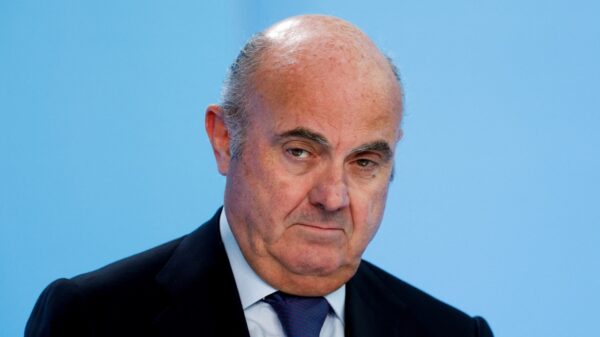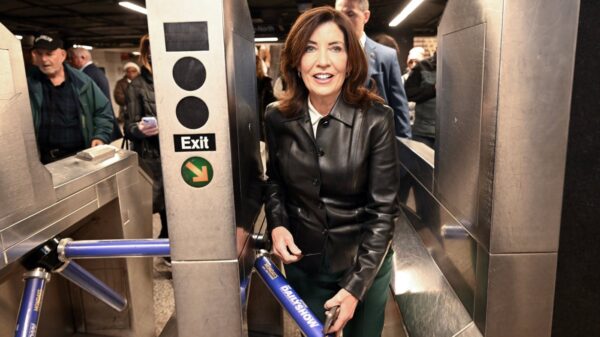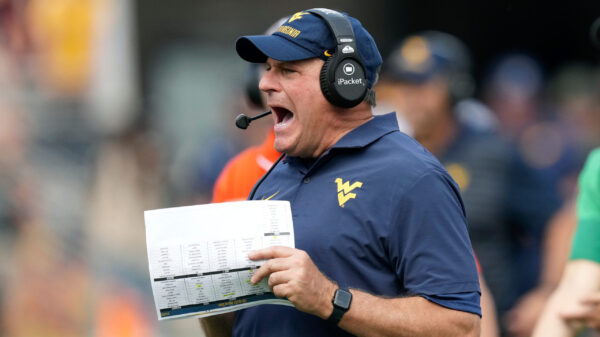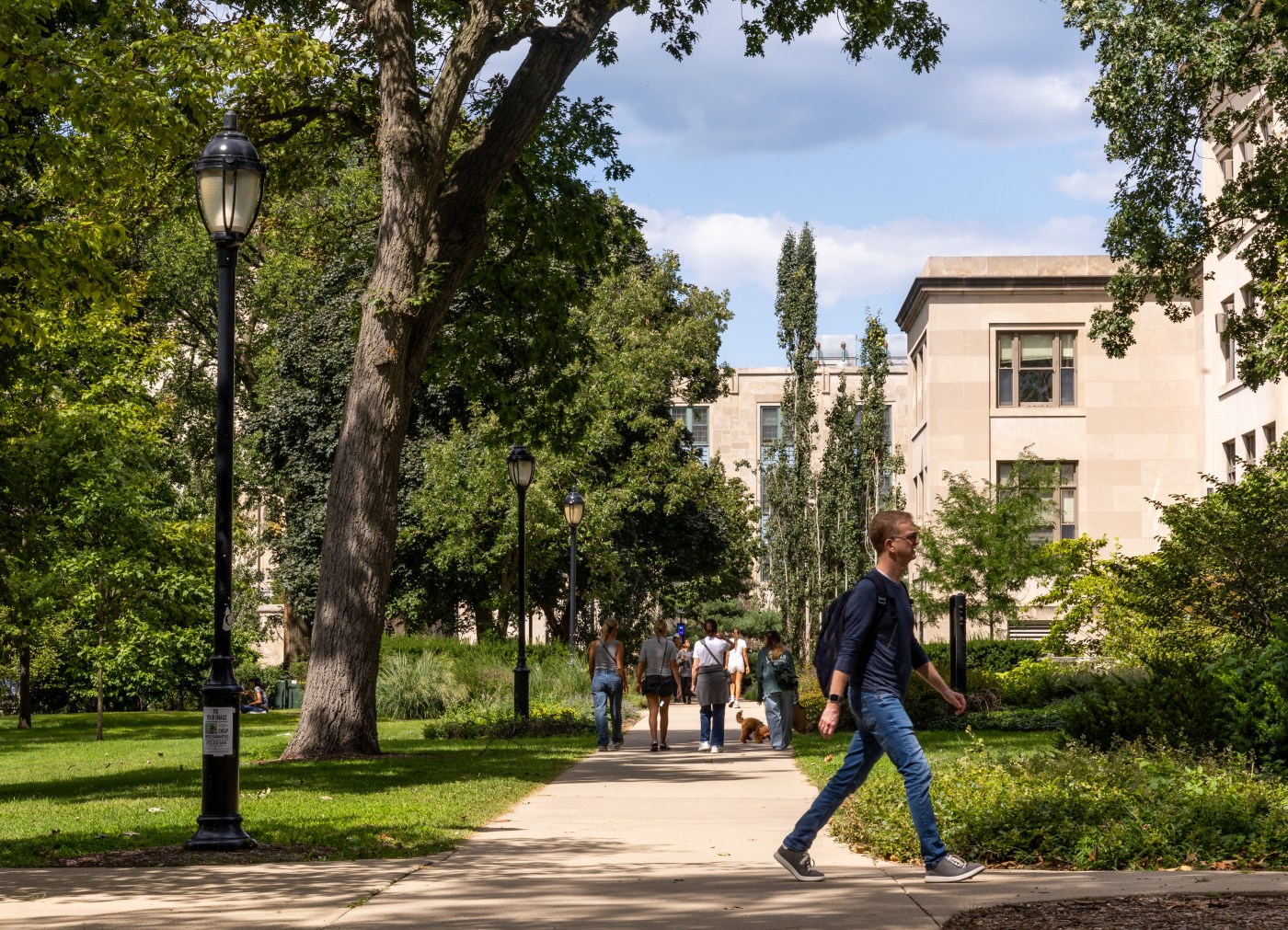UPDATE: Former Northwestern University professor Matthias Doepke has permanently relocated to the UK, leaving behind a decade-long career in the U.S. due to escalating political tensions and threats to academic freedom under former President Donald Trump. Doepke’s move to the London School of Economics represents a profound shift in the academic landscape, reflecting a growing exodus of scholars from American institutions.
In a decisive move, Doepke sold his home in Evanston, Illinois, and moved his family to London in April 2022, citing a “terrible situation for higher education” in the U.S. His decision was influenced by Trump’s policies, which he claims created an environment hostile to immigrants and academic inquiry. “Every day of news makes us more secure that we made the right decision,” Doepke stated.
The urgency of his departure stems from the Trump administration’s actions, which have destabilized the relationship between universities and federal funding. Reports indicate that over 75% of scientists surveyed by the journal Nature in March 2022 are considering leaving the U.S. due to political uncertainties. Doepke’s departure is part of a broader trend, with many academics fearing potential repercussions similar to those experienced during the McCarthy era.
Doepke initially immigrated to the U.S. from Germany to pursue his doctorate, believing the country represented the ideal academic environment—a melting pot of diverse talents. However, the political climate shifted dramatically following Trump’s election in 2016, leading him to feel that the values that attracted him had vanished. The 2020 election further solidified his resolve to leave, prompting his family to embark on a two-year trial in London.
The impact of this academic brain drain is significant. Institutions across Europe and Canada are actively recruiting American scholars, with France promoting its research programs and China offering streamlined options for American students. “There’s been a growing pattern of faculty declaring they’re leaving, particularly from Yale,” noted Todd Wolfson, president of the American Association of University Professors.
Concerns are mounting as the U.S. risks losing its status as a global leader in research. Many professors fear that Trump’s policies could lead to a long-term decline in American higher education’s appeal. “If you destroy American funding, and make it less attractive for people to set up here, it’s a huge hit to the country,” warned Martin Eichenbaum, a fellow economist at Northwestern.
Doepke’s transition to life in London has been favorable. He and his family quickly adapted to their new home in the Queen’s Park neighborhood, feeling a sense of security and connection to his roots in Germany. However, the shadow of the U.S. political landscape continues to loom over him. “We decided, pretty much the day after the election of November 2020, that this is going to be where we are going to be,” he explained.
As classes begin at the London School of Economics in late September, Doepke remains committed to his new role while reflecting on his past in the U.S. His experiences highlight the increasing urgency for academics facing political instability. “It’s a terrible situation for higher education,” he reiterated, emphasizing the need for a stable and supportive environment for scholars.
The waves of academic migration continue to rise, with Doepke’s story serving as a poignant reminder of the personal impact of political decisions. As more educators weigh their options, the future of American academia hangs in the balance, prompting urgent conversations about the direction of higher education in the U.S. and abroad.




































































